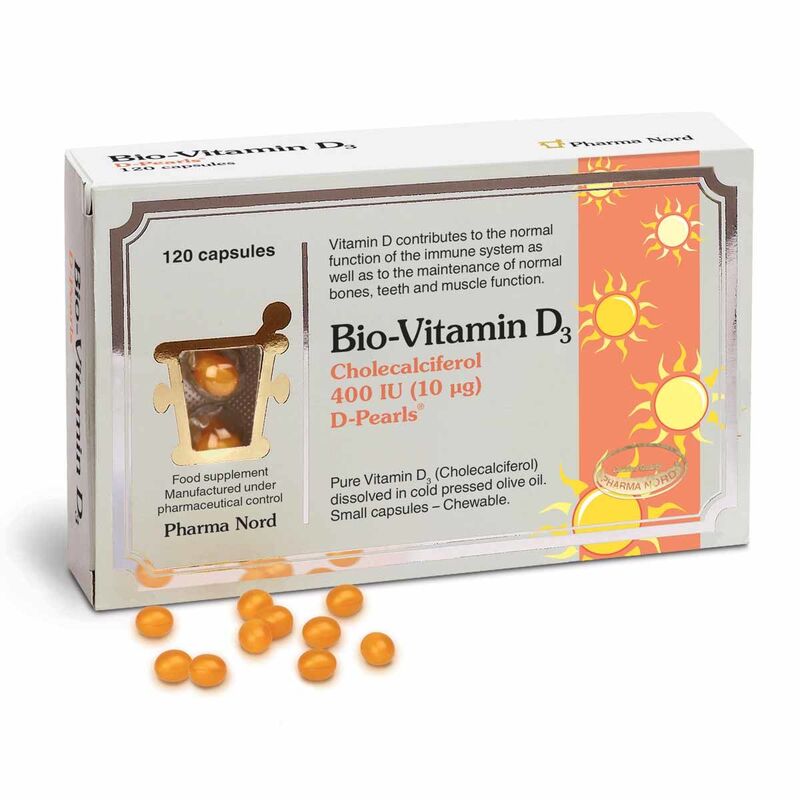|
The UK has experienced an enormous surge in veganism in recent years as more of us spend money on vegan products and plant-based diets. Supermarkets are cashing in on this growing lifestyle, with Sainsbury’s launching a 31 product vegan range at the end of last year and fast food giants McDonald’s, KFC and Burger King introducing plant-based options.
In 2014 there were 150,000 vegans in the UK, this increased to 600,000 in 2019. 42 % of the UK’s vegans made the dietary shift in 2018 and are forecast to make up a quarter of the British population by 2025. Although a positive change, there are concerns that vegan diets don’t provide all the vitamins and minerals the body needs to function healthily. With veganism garnering more attention, Google Trends data reports that the term ‘vegan supplements’ is often searched for in the UK. A plant-based diet is extremely nutritious, let’s not assume that it doesn’t have many nutritional benefits. However, there are some nutrients we may need to supplement that we can’t get solely from plants. With good planning, you can make sure you’re not missing out on anything important. Here are the most important additions you should take on a vegan diet.
Iron helps enhance the transportation of oxygen around the body as well as red blood cell and DNA development. Therefore, an iron deficiency can result in anaemia. Symptoms include a decreased immune system functioning, fatigue, weakness, dizziness and difficult concentrating. Iron is derived from meat, chickpeas, lentils, tofu, cheese and cruciferous vegetables including cauliflower, cabbage, kale, broccoli and pak choi. Only take iron supplements if you’ve been advised to by your GP, but it’s worth being aware in case you start to feel the symptoms and aren’t sure why. Taking too much iron can be dangerous since iron blocks other vitamins and minerals from being absorbed.
Vitamin D helps absorb phosphorus and calcium and acts as a fat-soluble nutrient. In addition, it helps promote healthy teeth, bone and muscle growth. Vitamin D is comprised of two forms — vitamin D3 comes from animal products such as oily fish, red meat, liver, egg yolk and butter; vitamin D2 comes from mushrooms and fortified foods. It may come as a surprise to know that there are not many foods that vitamin D can be derived from so we might be unaware that many of us struggle to consume the recommended daily intake of 10 micrograms a day. It is primarily derived from sun exposure, which is why the NHS recommend vitamin D supplements, even for carnivores, in the darker winter months.
Maintaining a healthy thyroid function is important and the consumption of enough iodine is vital to help maintain this. Good sources of iodine include sea fish, shellfish, dairy and some plants and grains depending on the level of iodine in the soil they grew in. If insufficient iodine is taken, you can experience low energy, dry skin, forgetfulness, depression and weight gain so it’s recommended that adults consume 0.14mg of iodine each day. Research suggests that vegans are more susceptible to risk of iodine deficiency than vegetarians since it’s thought they have up to 50 % lower iodine levels in their blood.
Its argued that B12, which is derived from foods from animal sources, is one of the most important nutrients for vegans. There’s a common misconception that vegans who eat the right kind of plants don’t need to worry about vitamin B12 deficiency but there is no research to confirm this. Vegans are at higher risk of B12 deficiencies, so it’s important that adults consume around 1.5 micrograms of B12 every day. Vitamin B12 is necessary to help support a variety of bodily functions including the health of the nervous system, protein metabolism, normal brain functioning and the development of oxygen-carrying red blood cells. Lack of this can lead to anaemia, nervous system damage, infertility, bone and heart disease. Humans used to get B12 from natural water in soil, however with declining soil quality from intensive farming and filtered water, this isn’t the case anymore. Taking supplements or fortified foods such as soymilk, nutritional yeast, meat substitutes, and breakfast cereals all helps. If you're vegan and want to make sure you’re consuming an adequate level of vitamins and nutrients you could get a blood test. Otherwise perhaps investing in some additional health supplements will help ensure the correct levels are being maintained. Sources https://www.vegansociety.com/news/media/statistics https://www.bbc.co.uk/news/business-44488051 https://trends.google.com/trends/explore?date=today%205-y&geo=GB&q=vegan%20supplements https://www.healthline.com/nutrition/7-supplements-for-vegans#1 https://www.riseofthevegan.com/blog/b12-is-not-just-a-vegan-problem https://www.healthline.com/nutrition/vitamin-d2-vs-d3#section2 https://www.nhs.uk/conditions/vitamins-and-minerals/vitamin-d/ https://www.nhs.uk/conditions/vitamins-and-minerals/iodine/ Comments are closed.
|
AuthorI'm Gilly, award winning journalist /author of 13 books. Credits incl: Daily Telegraph, Daily Mail, CNN, BBC mags, The Scotsman, Daily Express, Country & Town House, Metro, Countryfile, Tatler, trade & consumer cruise titles etc. Lifestyle Categories
All
|

